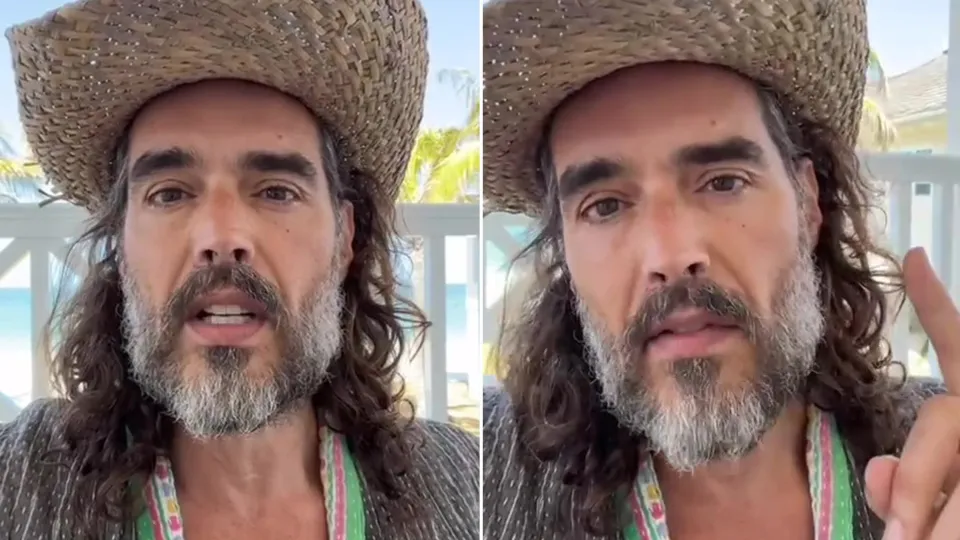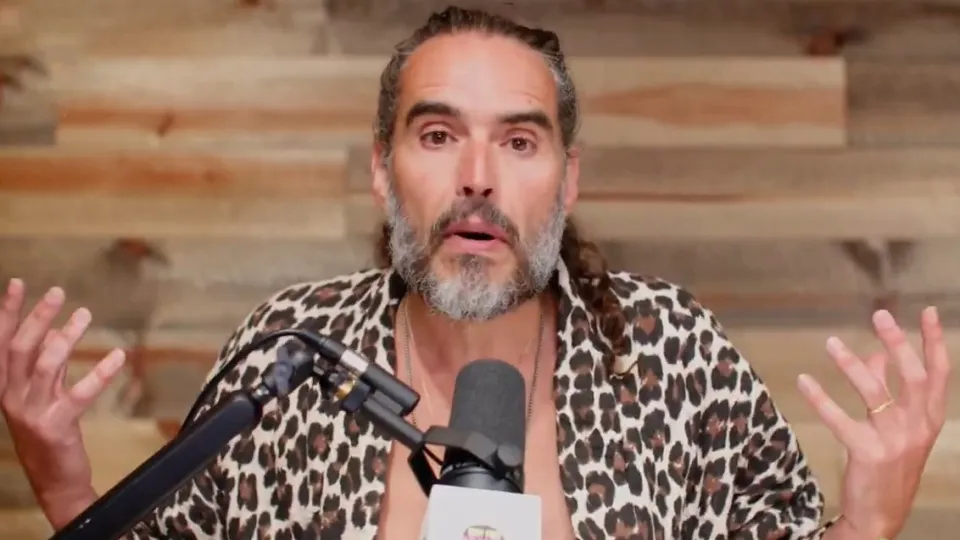It’s a phrase heard a lot from our parents when you were younger. And now that you’re a little older, you’ll be asking yourself the same thing. Why does time seem to go faster as we get older?
Featured Image VIA
It’s a bizarre phenomenon. I remember it really hit home when I first went to uni. Up until then, my school years seemed to drag on and summer holidays would last a life time. Now I just need to blink and we’ve suddenly transitioned from winter into spring. How does it work?
One writer, Philip Yaffe, decided to look into the topic to see if he could find out just what the hell is going on. What is noticeable is that a lot of the accounts and comments online all seem to relate to parenthood. “They grow up so fast,” and all that. And from my own personal experience, my friends and family have said the same thing. As soon as you have kids, that’s it – the time just flies by and suddenly you’re middle aged. Which makes sense – you’re probably so busy trying to make sure these little people don’t die that you don’t pay attention to much else.

Image VIA
Many of the comments were also related to religion. For example, “I found God at the age of 30 and every day since I have been waiting to go to His kingdom. I am now in my 80s. Oh, the days have been so long, but the years have been so short.” Again, these are all opinion based and provide little advance on understanding why.
Meanwhile, scientific explanations are no less vague or confusing. There are hundreds of articles trying to explain this phenomenon, many of which go into technical details on brain structure and function, neurotransmitters etc. With little help online, Philip himself came up with a relatively clear explanation – drawing on the research, he decided that it’s all about anticipation and retrospection. Here’s what he had to say:
Whatever the nature of our individual lives, we all anticipate things important to us. Then after they happen, we look back at them. For example, most school children look forward to the long summer vacation, which always seems to be an eternity away. Finally, it arrives. Then, almost before they blink an eye, it’s over and they are back in school again.
Progressing from primary school to secondary school is another excruciating anticipation for a youngster, especially if the move is perceived as being an important step away from childhood into adulthood.
And so it goes. When anticipated, each new significant event seems to be excruciatingly far away. However, after the event, we regularly look back and exclaim. ‘Did it really happen that long ago?’
The older we get, the more milestones we have to look back on. So the farther and faster they appear to recede. So if sometimes the clock may seem to have stopped, the calendar always continues racing ahead.

Image VIA
Makes sense right? And if reaching milestones truly is the secret of accelerating years, then what’s the answer to making time slow down? Simply to live in the present moment. Stop anticipating the next step while looking to the past in a nostalgic manner. Because all we really have is the now.
If this all sounds like hippy bullshit to you (trust me, it isn’t), then check out the work of Western pioneer to living in the present – Alan Watts. He’s much better at explaining this stuff than I am. Peace.















